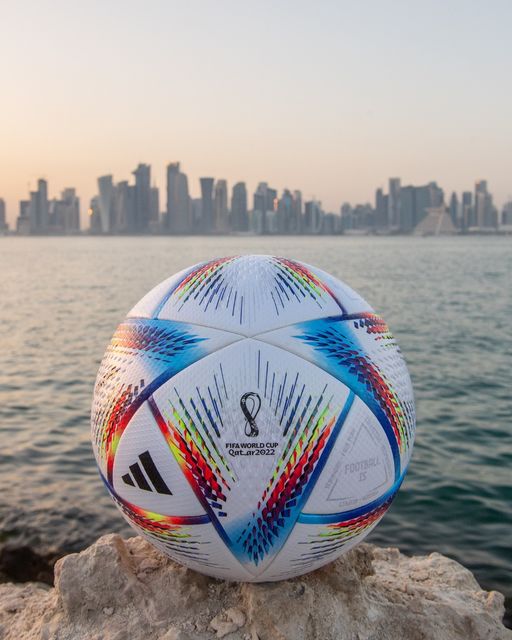Ever wondered if your name means you’re more likely than others to achieve sports greatness or to represent your country at an international level?
Analysis of 92 years of World Cup players (Almost 8,000 names analysed) reveals the most popular football player names in World Cup history.
The analysis by Gamblingngo.com looked at the names of each player (including benched) in every World Cup tournament from 1930 to 2018 to determine the most popular player names in World Cup history.
Findings show that José is the most popular name in World Cup history, with 89 players.
Top 10 Most Popular World Cup Player Names
José
There are 89 players named José, making it the most popular boys’ name in World Cup history. One in 100 World Cup players is called José. It is the Spanish form of Joseph. Examples include Argentine player José Luis Brown who scored the opening goal, which led his team to victory against West Germany in the 1986 World Cup final.
Carlos
Carlos is the second most popular name, with 79 players. It is a variant of Charles, meaning “free man”. Carlos Verri, aka “Dunga”, led the Brazilian national team to a World Cup victory against Italy in 1994, lifting the World Cup trophy. He managed Brazil twice afterwards.
Luis
Luis is the third most popular name, with 56 World Cup players. Meaning “renowned warrior”, it was once in the top 50 US names. The current manager of the Spanish national team, Luis Enrique, represented Spain in three World Cups: 1994, 1998 and 2002.
Mario
There are 48 Marios throughout World Cup history, the fourth most popular name. It was once a US top 100 name, but its popularity began falling a few years after the first Super Mario game was released in 1985. German player Mario Götze scored the winning goal against Argentina in the 2014 World Cup and made a surprise return to the 2022 national team.
Roberto
As the fifth most popular name, there have been 46 Robertos in the World Cup. Its English variant, Robert, was once the number-one name in the USA. Roberto Baggio was a star player for Italy and transferred in 1990 for a record £8 million. He won the Ballon d’Or in 1993 and appeared in Pelé’s list of the 100 greatest players.
John
Originally a biblical name, John has stood the test of time. There have been 44 players with this name in the World Cup. John Barnes, now known as a pundit, made his World Cup debut for England in 1986 during the quarter-finals against Argentina, where he assisted a goal for Gary Lineker.
David
The World Cup has seen 43 players named David in its history. David is a Hebrew name meaning “beloved”. Two of the most famous players include Spanish goalkeeper David de Gea and English midfielder David Beckham, who both broke records during their careers.
Peter
Behind John and David are 42 World Cup players named Peter. Meaning “rock”, it might be no surprise that two famous goalkeepers carry this name. Peter Schmeichel and Peter Shilton represented Denmark and England, respectively, at the World Cup, and both held the record as the most-capped player in their national teams.
Juan
Juan is a popular Spanish name and the ninth most common in the World Cup, with 41 appearances. Argentine player Juan Verón and Spanish player Juan Mata made multiple appearances at the World Cup and inherited their names from their footballing fathers.
Jorge
Rounding off the most popular names at number ten is Jorge, with 39 World Cup players. It is the Spanish and Portuguese version of George meaning “farmer”. Chilean midfielder Jorge Valdivia represented his national team in World Cup 2010 and 2014 and was praised by Pelé and regarded as one of the best in the world by Carlos Valderrama.
A spokesperson from Gamblingngo.com commented on the findings:
“Football fans dream of representing their national team in the World Cup. This study highlights the most common names to appear internationally throughout history. Classic names, mainly Spanish and Latin, make up the most popular names. It is not apparent that these names dictate skill. However, legendary players will likely continue to influence the names of future footballing generations, much like how the popularity of the name Cristiano soared as Ronaldo rose to prominence.
Methodology: Data was gathered from a public World Cup database containing almost 8,000 player names in each World Cup tournament from 1930 to 2018. Formulas counted the names to determine the most popular World Cup names in history.
The database can be found here: https://github.com/jfjelstul/worldcup
https://gamblingngo.com/ commissioned the data.








































